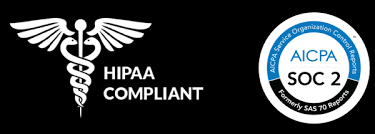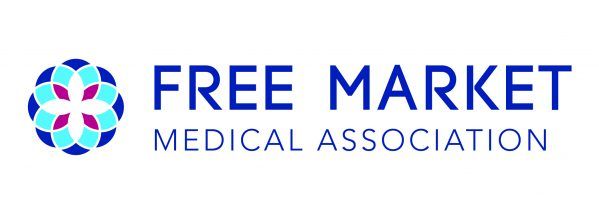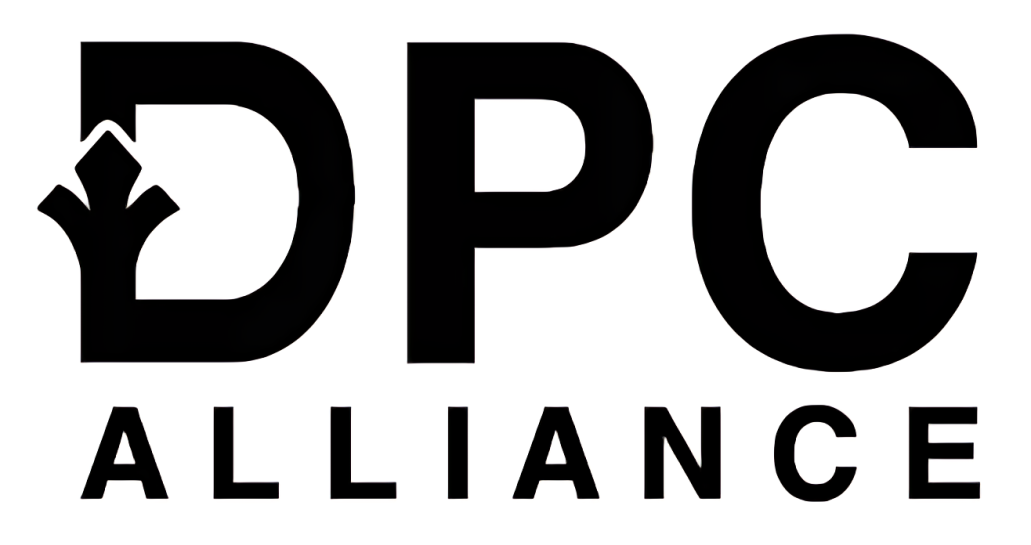Is Direct Primary Care a Valuable Investment?

Direct Primary Care (DPC) is a healthcare model designed to streamline the delivery and financing of care services. Its essence lies in establishing a direct financial relationship between patients and primary care providers, eliminating the complexities of traditional health insurance. In this model, patients pay a monthly or annual fee directly to their primary care physician, covering a suite of medical services under a membership-based arrangement.
Understanding Direct Primary Care
The foundation of the DPC model is to provide personalized, accessible, and comprehensive healthcare, enhancing the patient-physician relationship. This approach reduces administrative burdens, allowing physicians to concentrate on preventive care and direct patient care, rather than navigating insurance paperwork.
Responsibilities of Direct Care Providers
In the DPC model, providers such as family physicians take on comprehensive care responsibilities. They manage acute and chronic conditions and often offer a wider range of services than seen in traditional practices. This model enables more time for patient care and personalized service due to a smaller patient load.
Economics of Direct Primary Care: Analyzing Costs and Benefits
The DPC model features a retainer fee structure for a wide array of primary care services, eliminating per-visit charges. Although costs vary, they are typically lower than traditional insurance premiums, offering financial clarity and potentially pairing well with high-deductible health plans for cost savings.
Comparison with Traditional Care Models
DPC distinguishes itself by offering a transparent, straightforward financial model without the unpredictability of copays and deductibles, including various in-office care services in the membership fee.
Cost-Effectiveness and Quality of Care
DPC's value shines in providing extensive, quality care that can lead to improved health outcomes and reduced overall healthcare costs through a focus on preventive and chronic disease management.
Business Perspectives on Direct Primary Care
Operating with lower overhead due to minimized billing and insurance processing, DPC practices can achieve a sustainable business model, reducing physician burnout and promoting a healthier work-life balance.
Financial Considerations for DPC Practices
For physicians, DPC offers predictable income through membership fees, aiding in cash flow management, albeit with the challenge of maintaining a consistent patient base to ensure economic sustainability.
Influencing the Healthcare Market
DPC introduces a competitive alternative to conventional insurance-based care, promoting price transparency and potentially influencing broader healthcare market practices towards more patient-centric approaches.
Patient and Professional Perspectives on Direct Primary Care
Patients often benefit from greater access to care, longer consultations, and comprehensive preventive services, although coverage for major medical events might still require traditional insurance. Testimonials typically affirm the positive impact of DPC on healthcare experiences and costs.
Healthcare professionals report greater job satisfaction and financial stability within the DPC model, appreciating the focus on patient care over administrative tasks.
Direct Primary Care clarifies the landscape of primary care options, offering an appealing choice for those seeking a more intimate, efficient, and cost-effective approach to healthcare. Its continued growth reflects its potential to significantly alter the healthcare delivery model, emphasizing preventive care and a strong patient-provider relationship.




